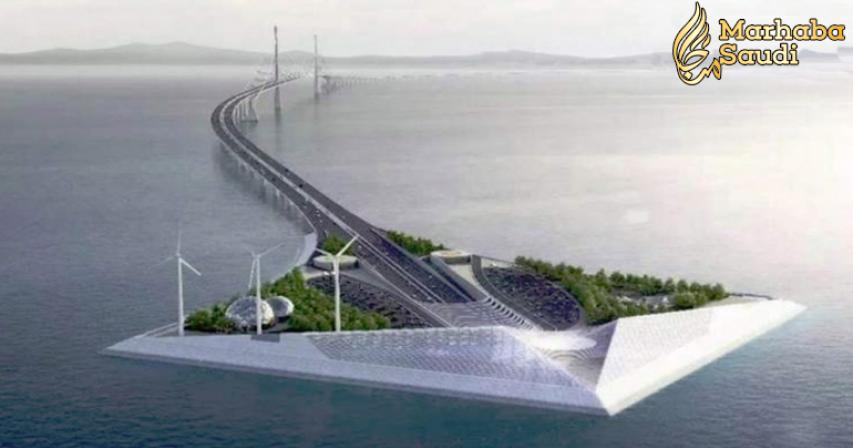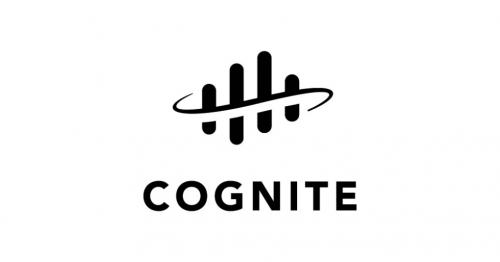World's longest sea-crossing bridge finally opens : Video

A $20-billion bridge connecting Hong Kong and Macau to the mainland Chinese city of Zhuhai is set to finally open this week, marking the completion of the longest sea-crossing bridge ever built, nine years after construction began.
Chinese President Xi Jinping is expected to attend a ceremony in Zhuhai on Tuesday, along with top officials from Hong Kong and Macau, with the bridge opening to public traffic Wednesday.
The 55-kilometer (34-mile) bridge was originally due to open in 2016, but repeated delays pushed that to this year.
It is a key element of China's plan for a Greater Bay Area covering 56,500 square kilometers (21,800 square miles) across southern China, and encompassing 11 cities, including Hong Kong and Macau, that are home to a combined 68 million people.
Proponents of the idea say the bridge will cut journey times between the cities from three hours to 30 minutes, which they say will enable commuters and tourists to easily move around the region.
"With the bridge, the traveling time between Hong Kong and the Western Pearl River Delta region will be shortened significantly, thereby bringing the Western Pearl River Delta region within three hours' drive from Hong Kong," the city's transport secretary, Frank Chan, said Friday.
China has completed the major work of the world’s longest sea bridge on schedule, after its lighting system was installed and tested.
— Apex Steel Ltd (@ApexSteelLtd) February 21, 2018
It took six years preparation, and eight years to build the 55-kilometre-long bridge linking Hong Kong, Zhuhai and Macao.#PowerToBuild pic.twitter.com/msYYhEynB0
Despite the focus on drive time however, private car owners in Hong Kong will not be able to cross the bridge without a special permit. Most drivers will have to park at the Hong Kong port, switching to shuttle bus or special hire cars once they are through immigration. Shuttle buses cost $8-$10 for a single trip depending on the time of day.
Fierce criticism
The bridge project has come in for fierce criticism in Hong Kong, where there was little public demand or appetite for greater links to either Macau or Zhuhai, and fears the city will be swamped by tourists from mainland China.
In 2016, Hong Kong saw 56.7 million tourist arrivals, compared to 37.6 million for the UK, a much larger country.
For critics of the Chinese government, the bridge is seen as a tool to drag the city -- which boasts a semi-democratic legislature and independent judiciary and has seen numerous mass protests in recent years -- closer into Beijing's grip.
"You can't see the existing transport connections -- in a literal way. But this bridge is very visible ... you can see it from the plane when you fly in to Hong Kong, and it's breathtaking," lawmaker Claudia Mo told CNN earlier in the year.
"It links Hong Kong to China almost like an umbilical cord. You see it, and you know you're linked up to the motherland."
Mo and other critics also point to the huge amount of money spent by Hong Kong -- upwards of $9 billion -- while the city is dealing with an acute lack of public housing and widespread poverty.
"Hong Kong has had to fund a lot of the bridge, but we won't see many benefits here," Mo said.
...[ Continue to next page ] / Source: msn






Comments